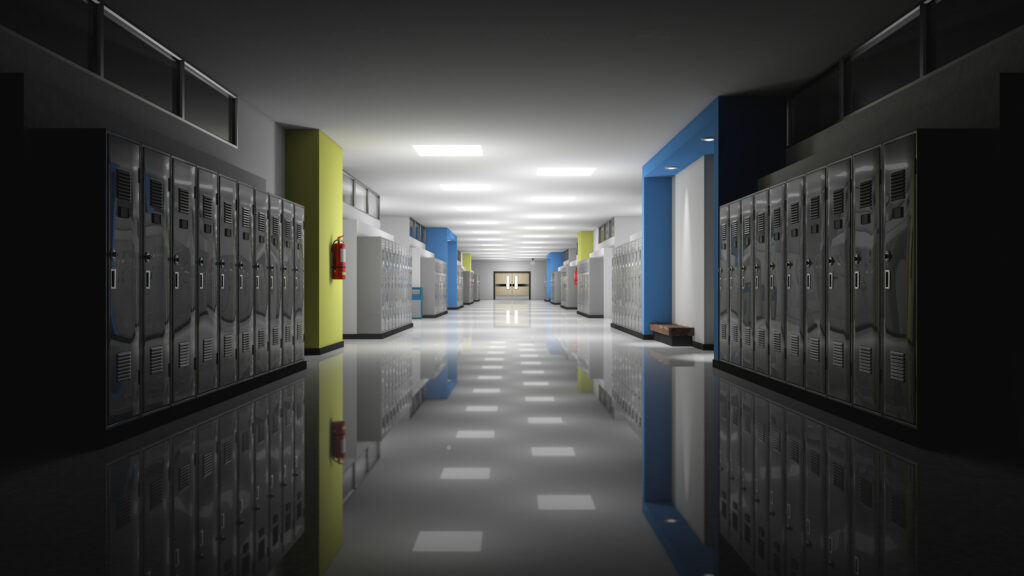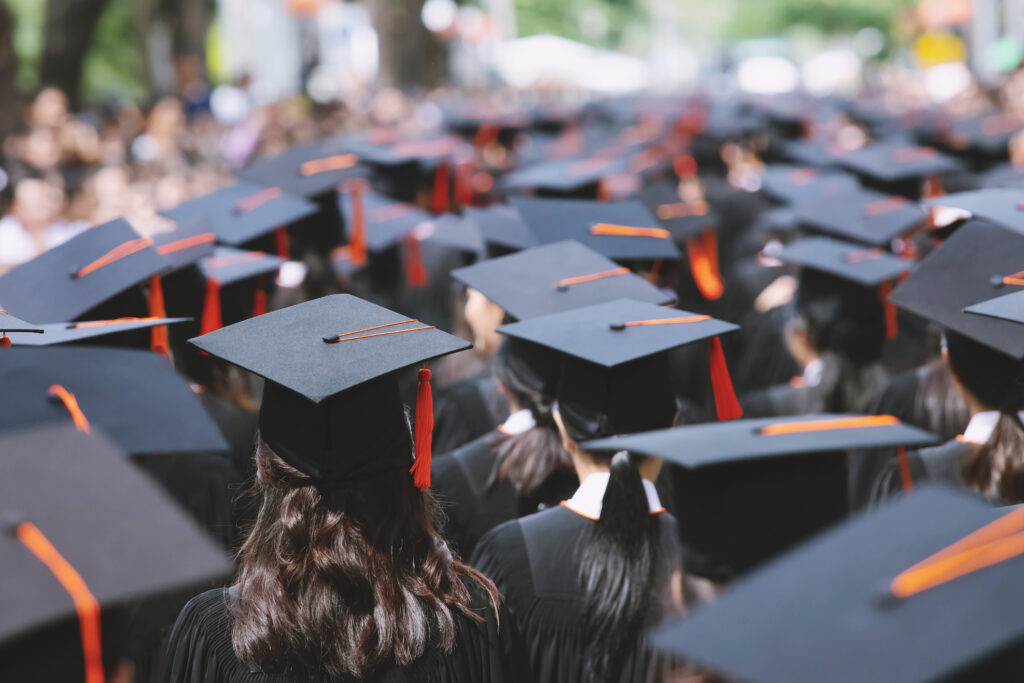While the state of New Jersey decided in October to return some control of schools to the Newark School District, one expert says the move doesn’t necessarily mean student achievement is rising. Instead, it mostly indicates the state wants to get out of the educational oversight business.
“It’s not too much to say the state desperately wants to get out of the school business,” said Derell Bradford, deputy director of Excellent Education for Everyone. “Eleven years ago, when Newark was taken over by the state, it was clear that the longer kids stay in public school, the worse they do. Nothing has changed. Return to local control means nothing without parental authority, in this situation.”
Poor Results
The story is in the numbers: According to the U.S. Census Bureau, the Newark School District–where enrollment is flat–spends $20,482 per pupil. The superintendent, who oversees a district of 42,000 students in total, earns $235,000 per year–as much as New York City Schools Chancellor Joel Klein, whose district includes 1.1 million students. Some Newark schoolteachers earn as much as $80,000 a year.
The district will cost $916 million to run in 2007-08 and is expected to cost $987 million next school year. Less than 10 percent of that money comes from district residents.
“This place is awash in money,” Bradford said. The problem is “people perceive Newark schools as a tool for municipal job creation. The schools are supposed to be accomplishing a very important task–charting a new path for America. If you can pay your teachers $80,000 you should have the best instruction possible. That’s totally not what we have.”
Last year, seven high schools in the district had seniors who couldn’t pass the state’s standard exit exam–which tests only eighth-grade level skills–in percentages ranging from 63 to 90.
School Choice
“So this is what the billion-dollar school system gets you that only pays 9.54 percent of its own costs,” Bradford said. “And more importantly, all the folks that don’t live here are paying for it. We don’t have a problem with money–we have a problem with how it’s being spent. The kids definitely aren’t getting anything for it. You are vastly undermining the confidence of people that resources are going to make any difference at all.
“A return to control really should be a return to mayoral control,” Bradford continued. “Empower a centralized leadership and have school-based accountability. Let dollars follow the child.”
Karla Dial ([email protected]) is managing editor of School Reform News.



